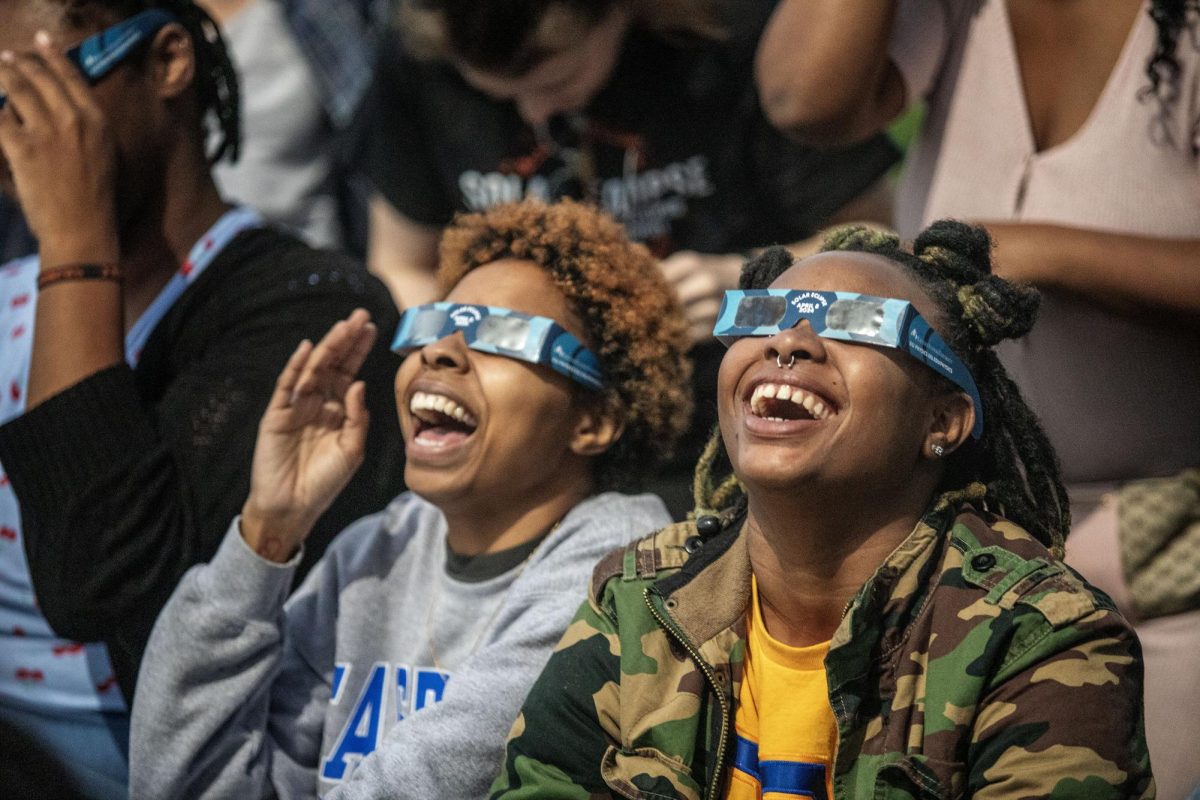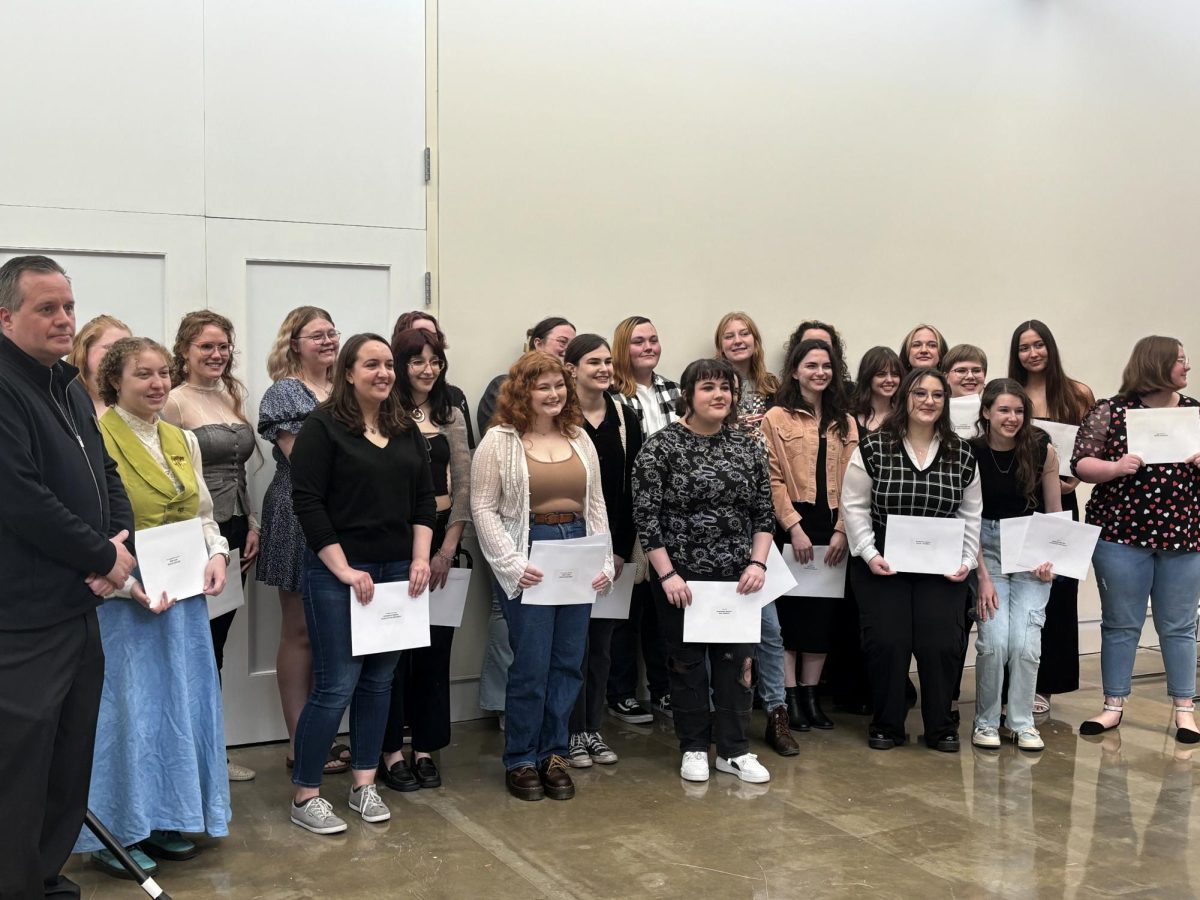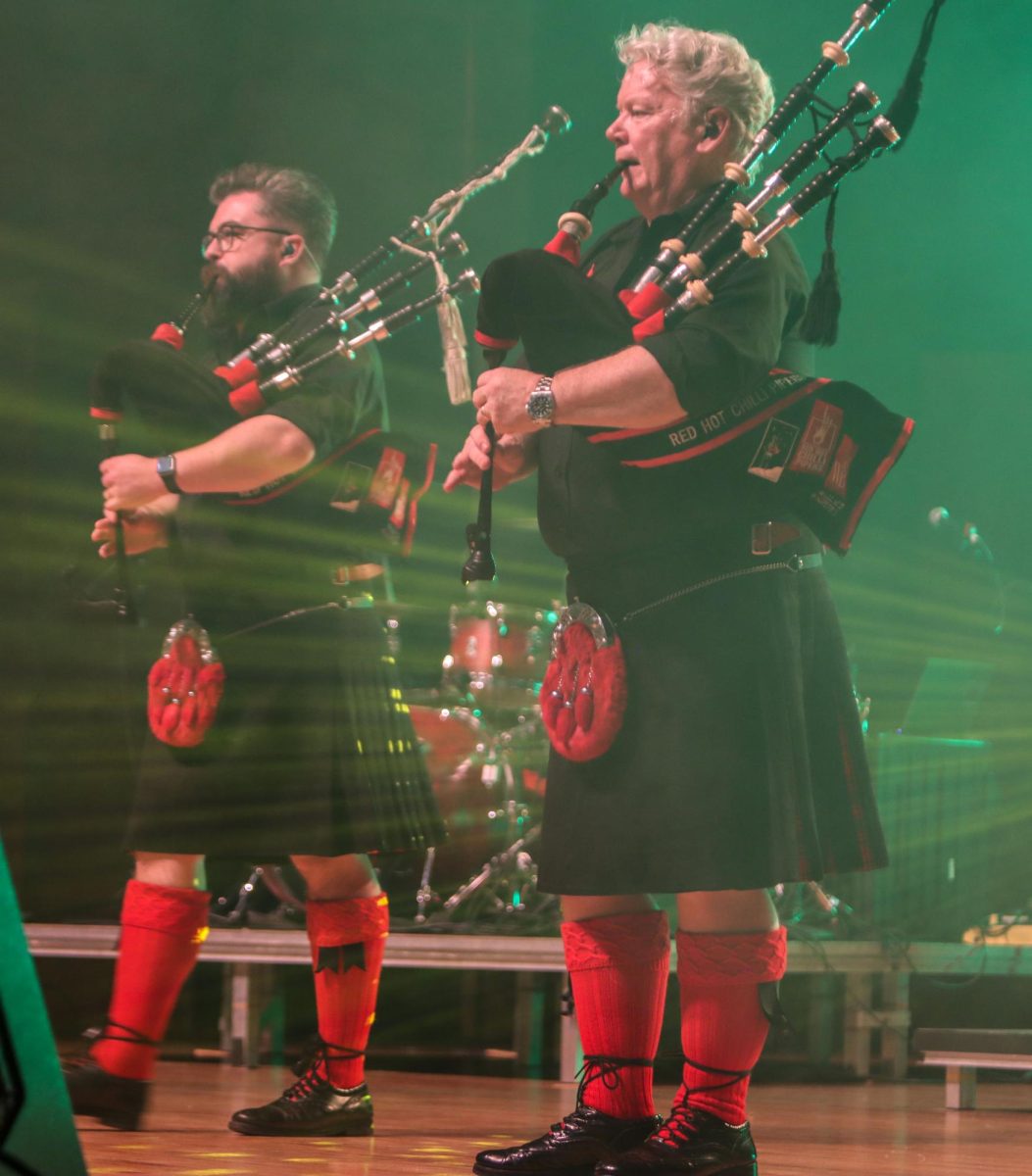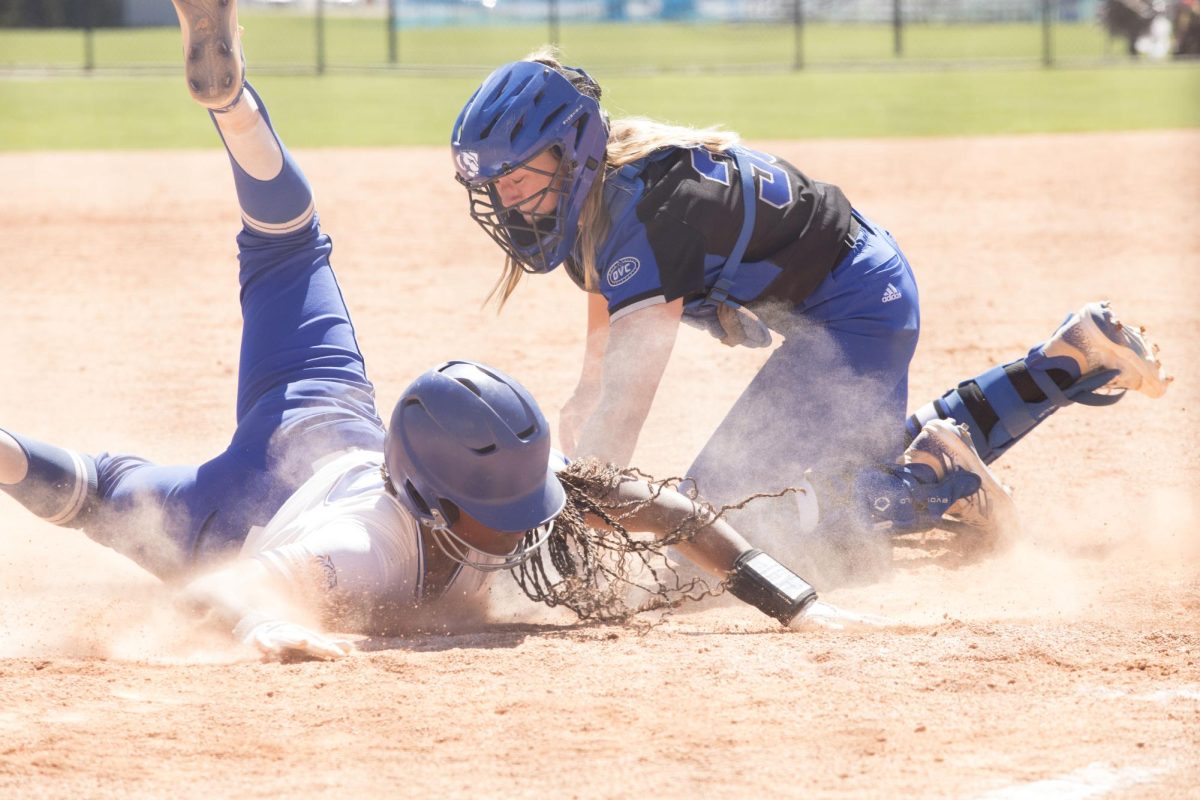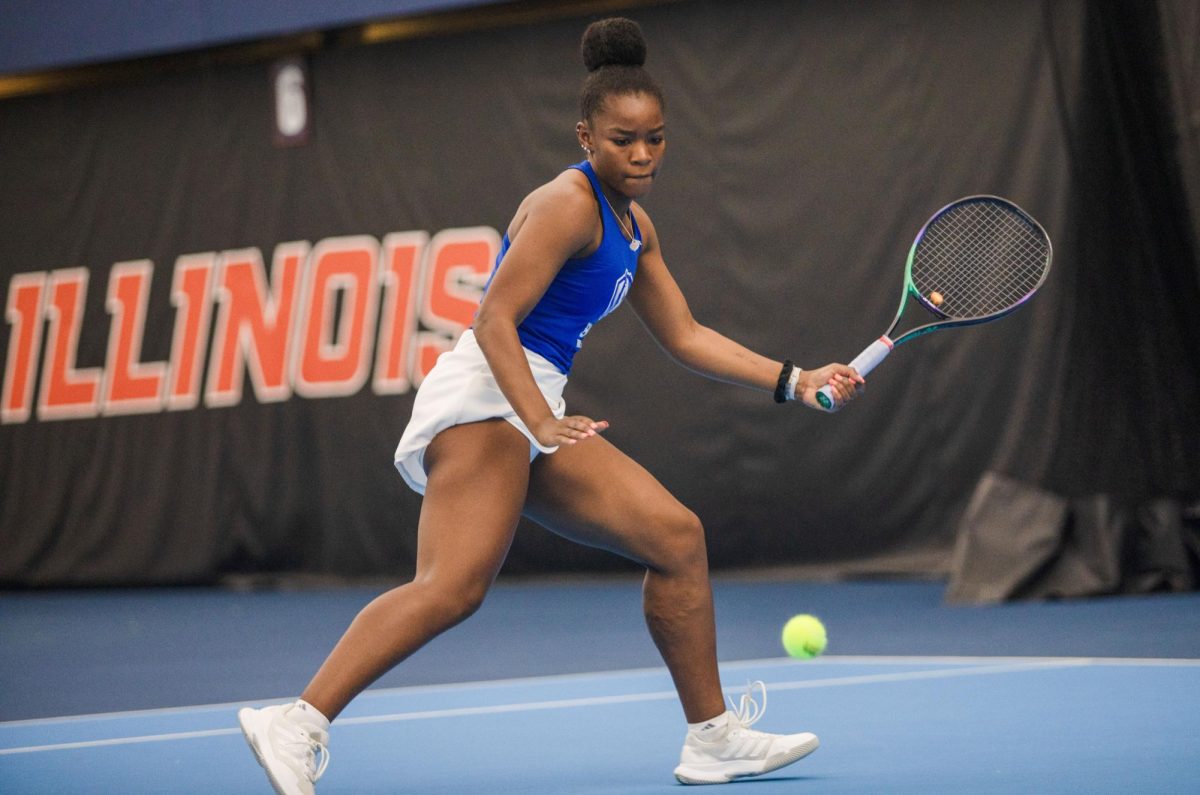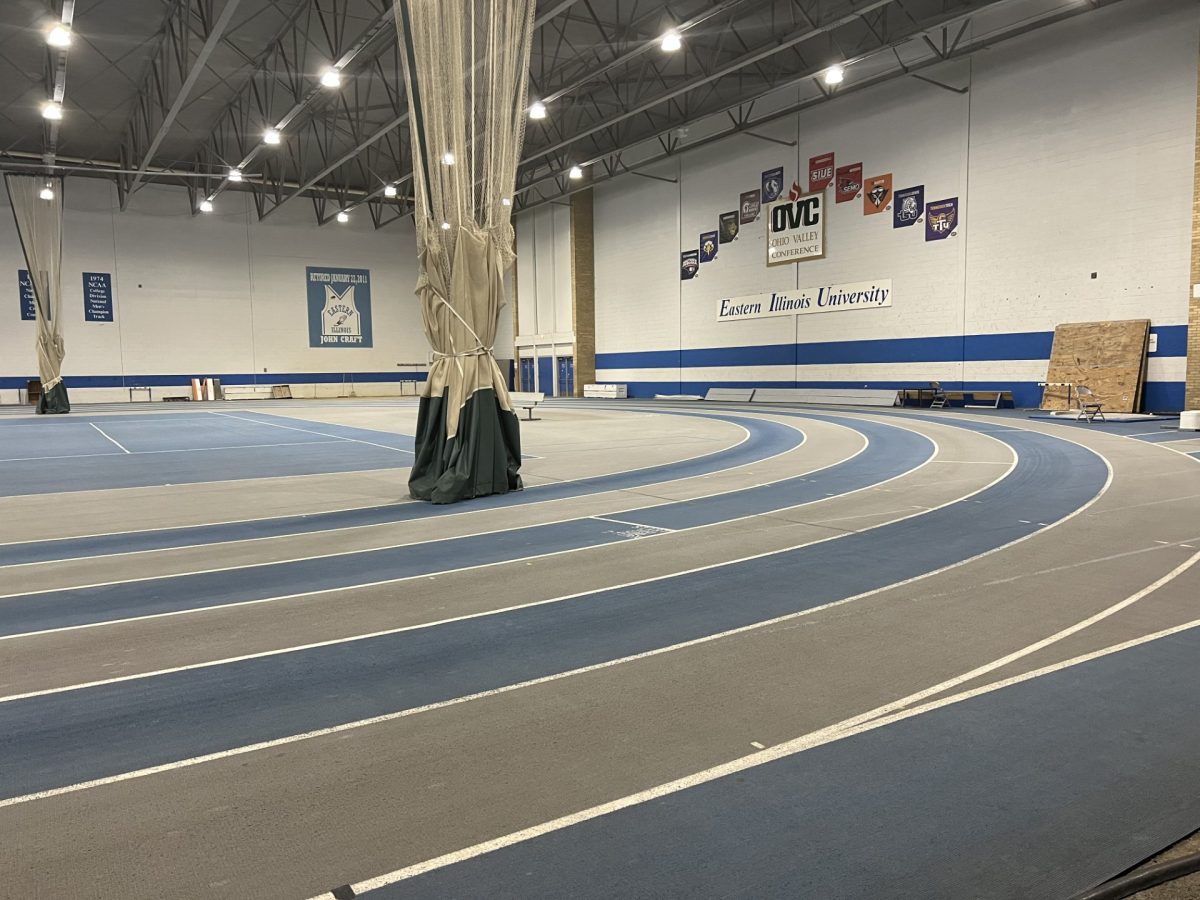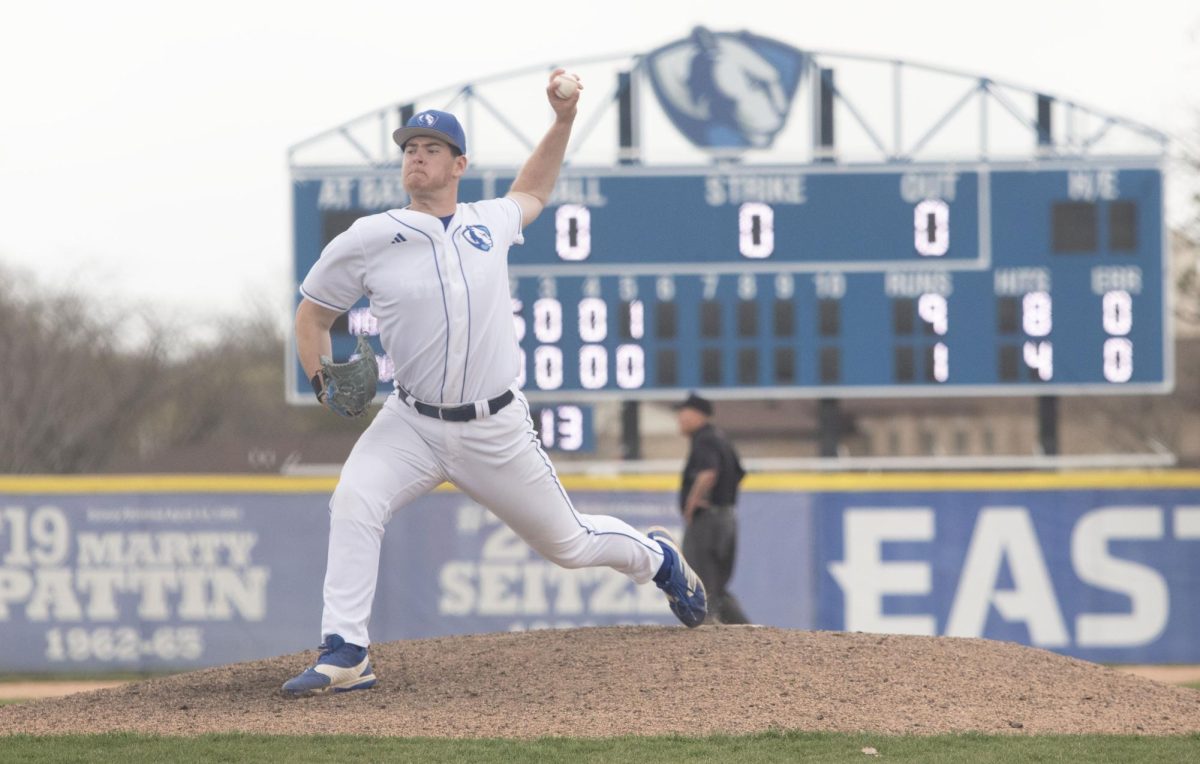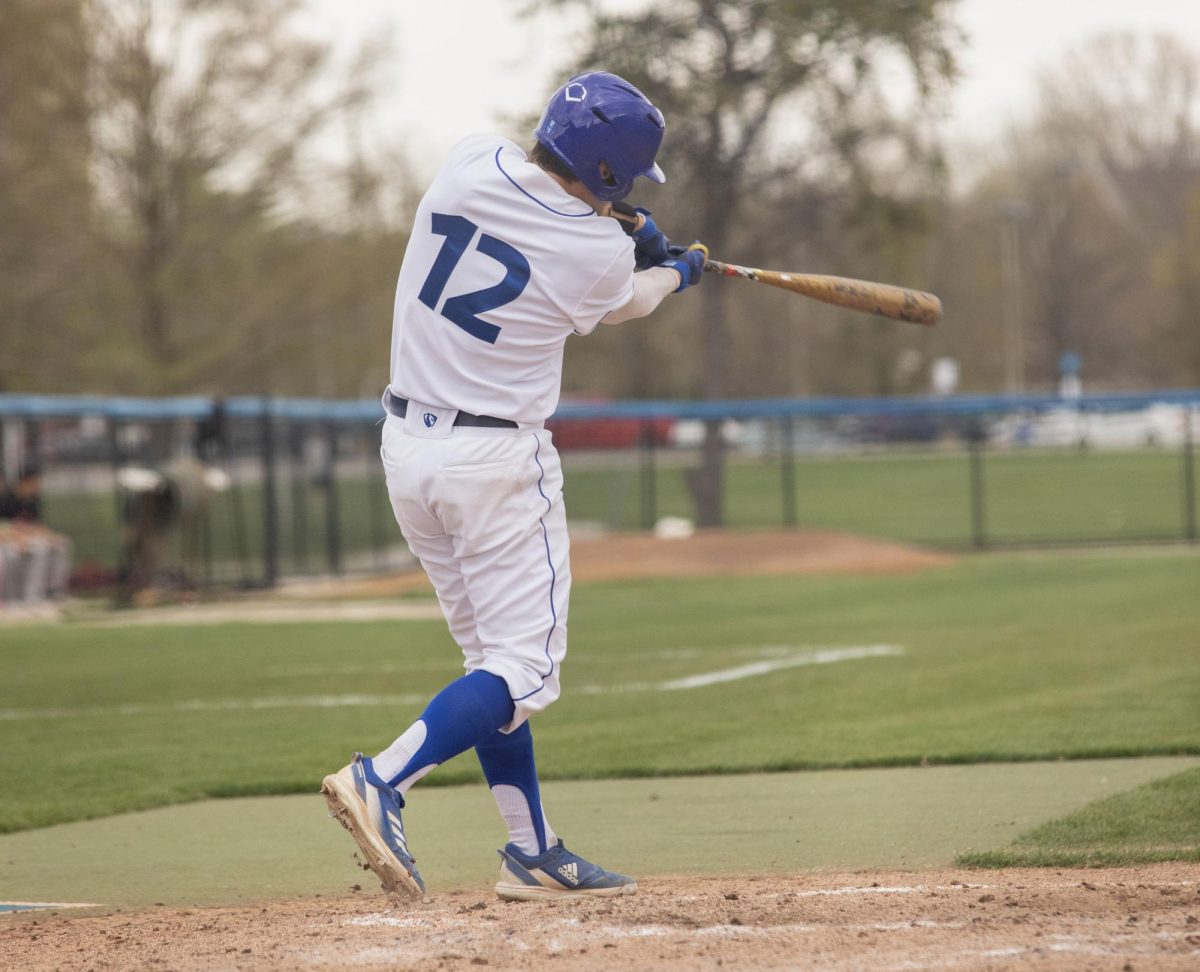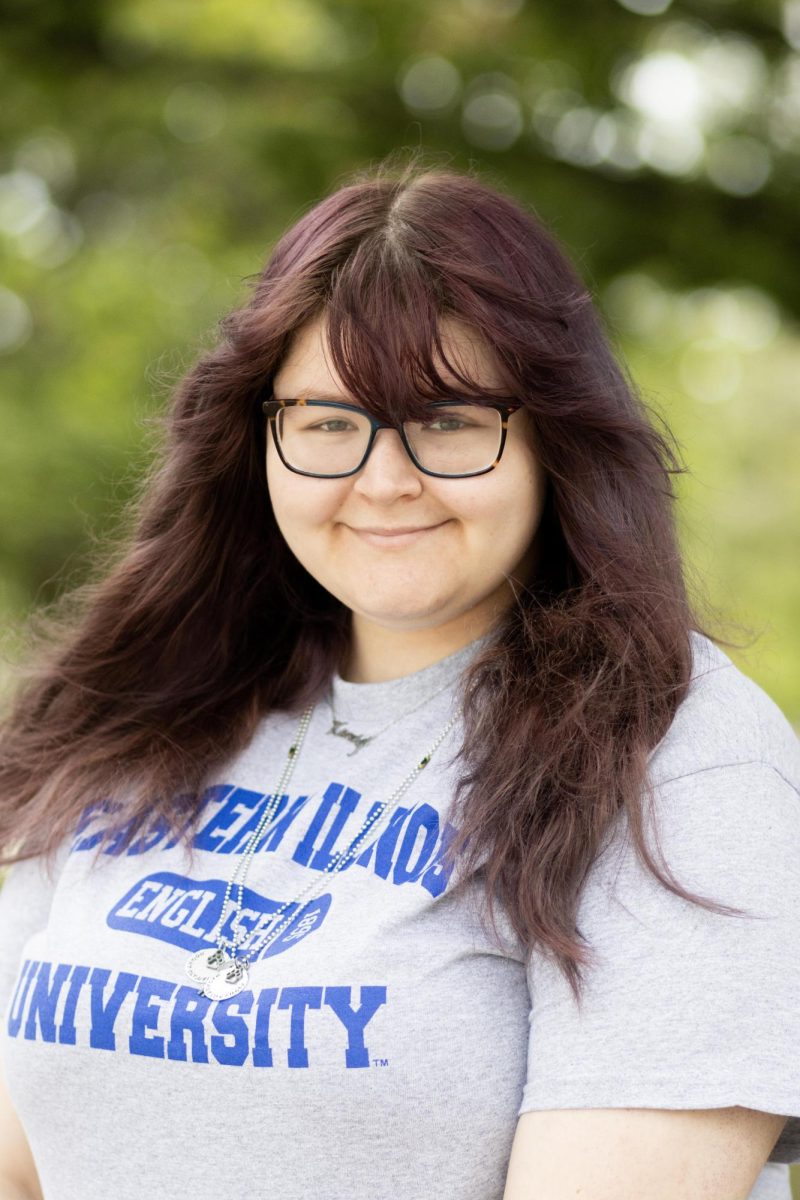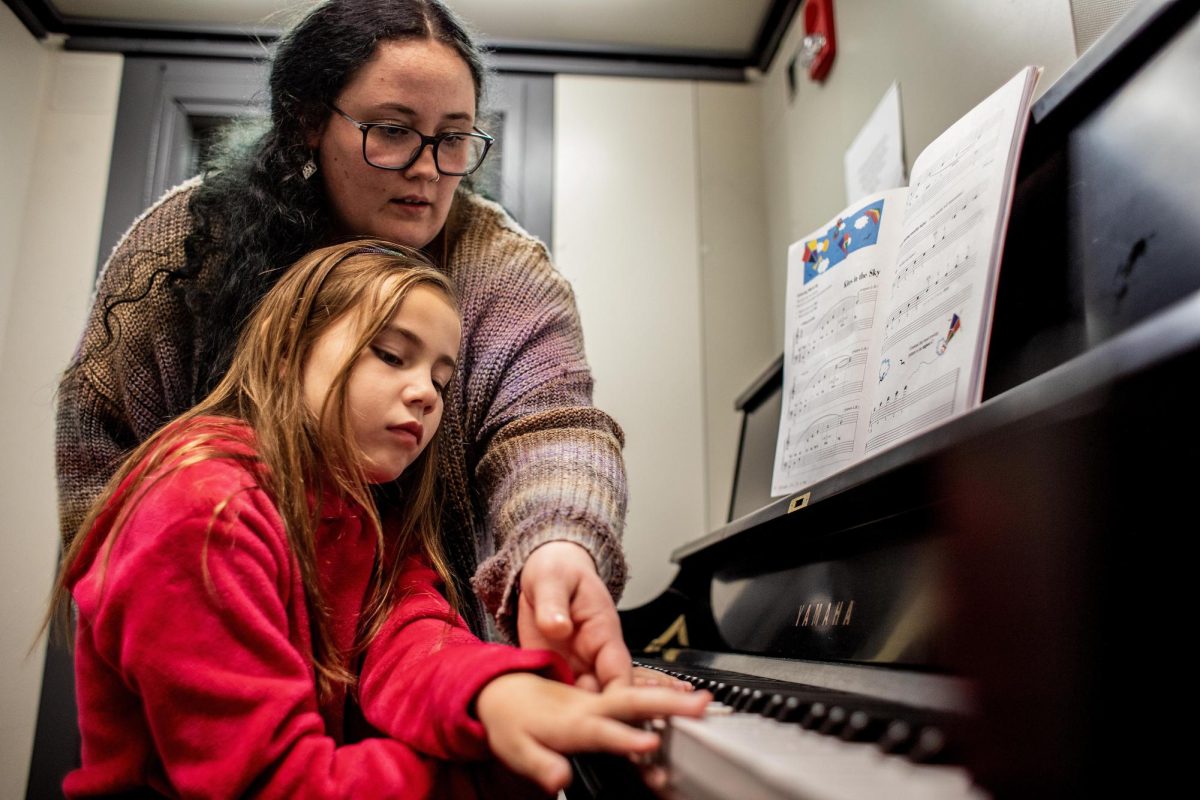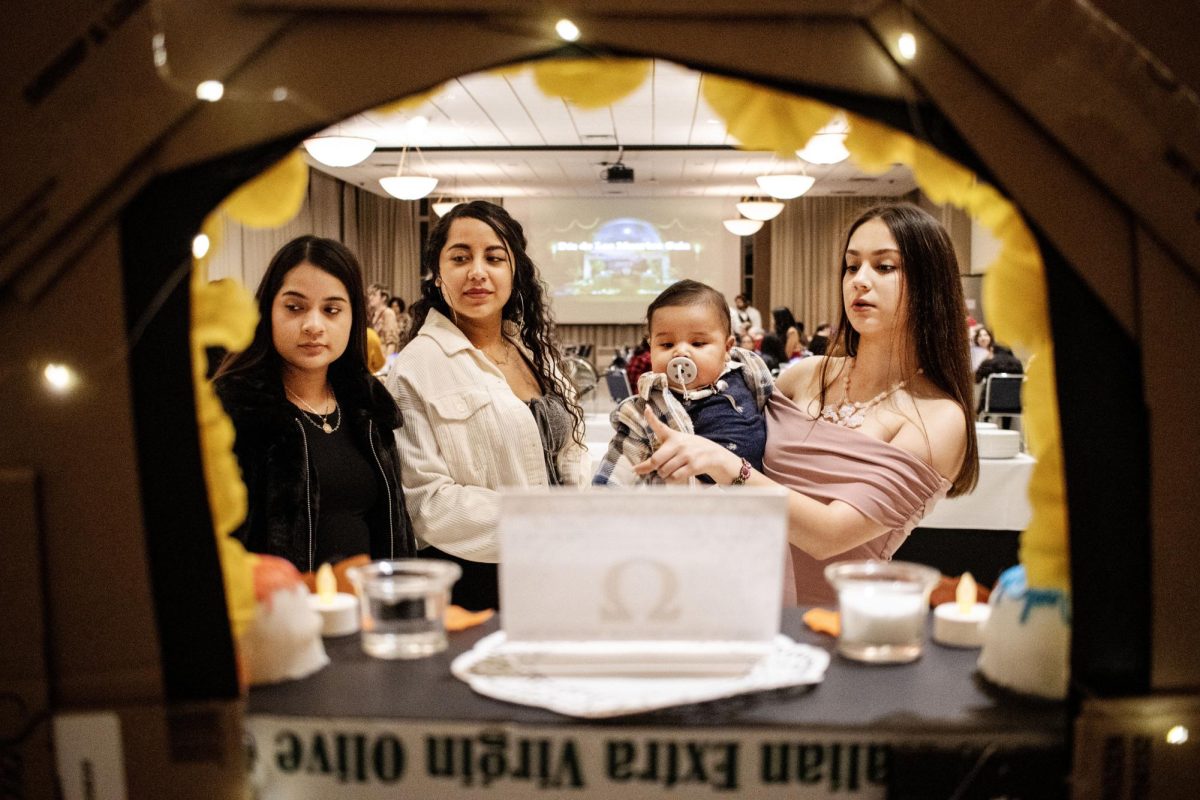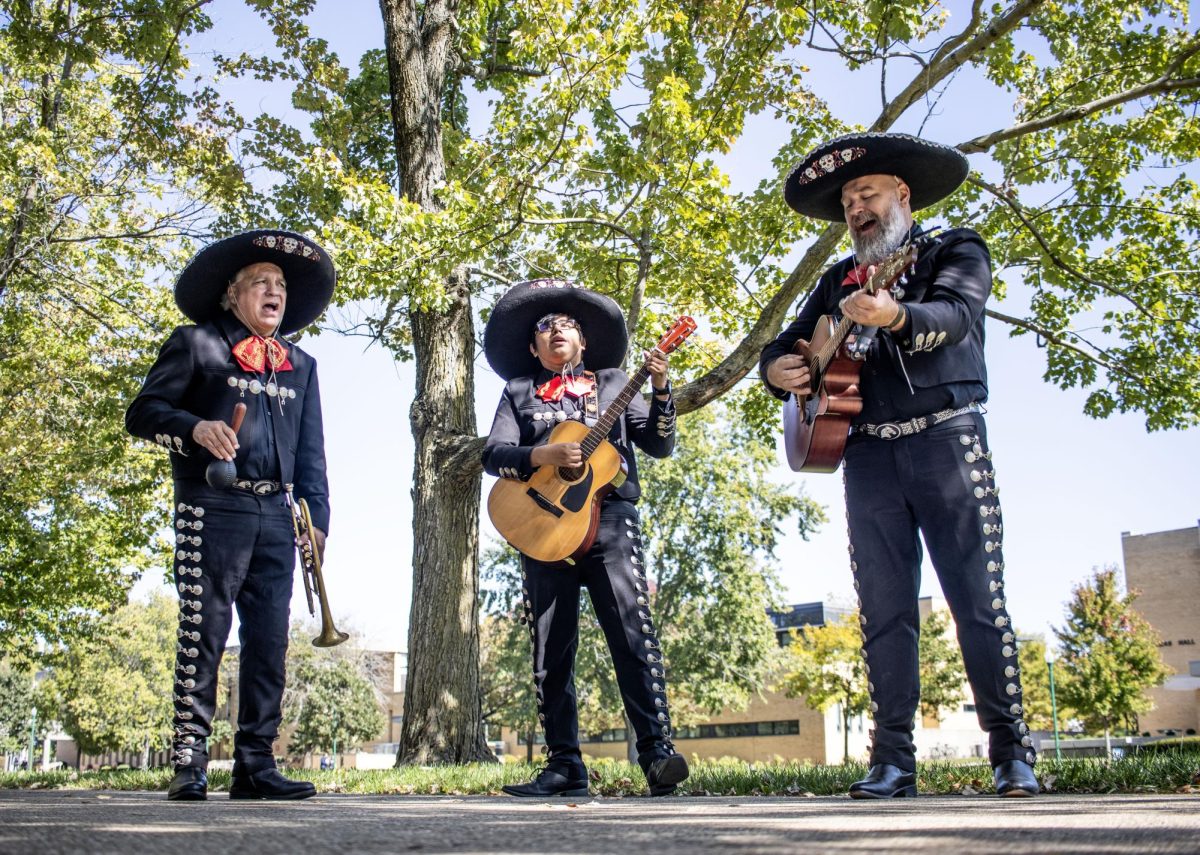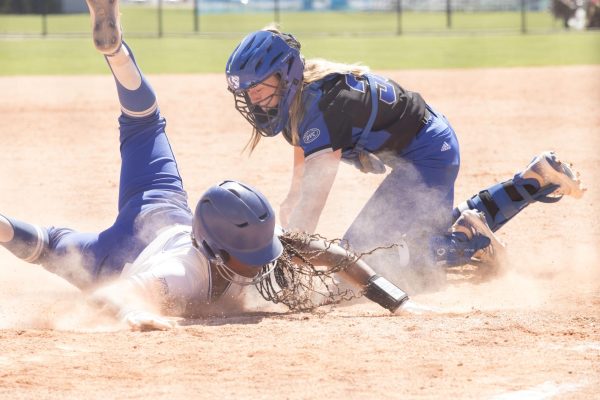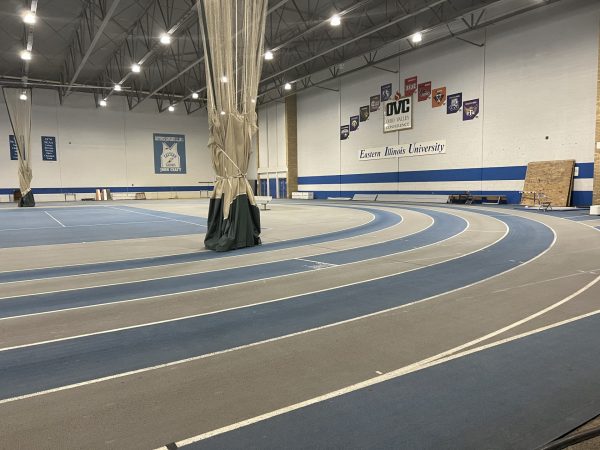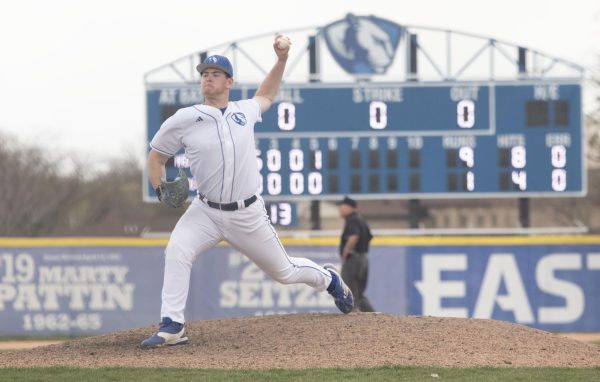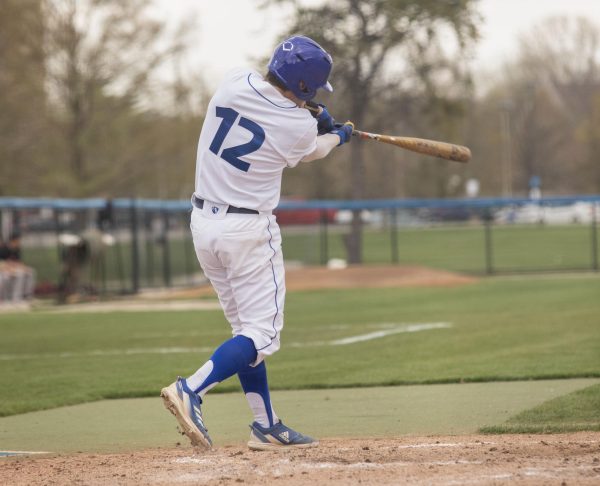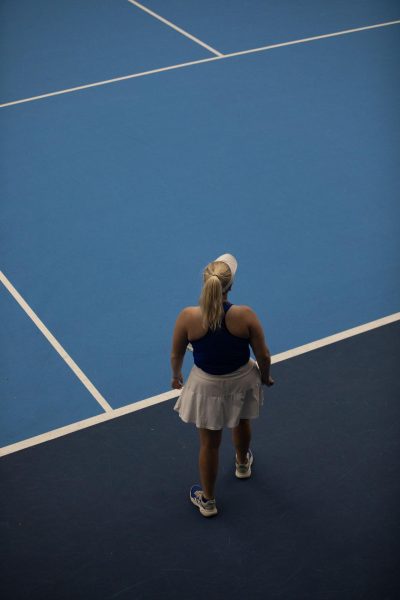Charleston community views Venus transit
As a child, Charleston resident Bob Rubendunst vacationed with his family to Michigan. He said that is where he first became interested in astronomy.
“It was the first time seeing the night sky without the city lights. It was kind of awe-inspiring,” Rubendunst said.
He said when he moved out to the country he decided to take advantage of the good views.
Rubendunst, along with several other community members, set up a variety of telescopes Tuesday outside the Charleston Carnegie Public Library to give the public a chance to view a rare astronomical event that will not happen again until December 2117.
The event involved Venus traveling across the face of the sun in a manner similar to a solar eclipse. The planet’s transit is nearly impossible and dangerous to view without a solar filter.
Rubendunst brought eclipse glasses as well as a telescope with a solar filter so people could view the transit without damaging their eyes.
Rubendunst said he enjoys showing people various celestial bodies, especially Saturn.
“This is fun for me,” Rubendunst said. “The sun is a bit of a tougher sell. Some people don’t even want to look at it because they’ve been told not to. The right filter makes it OK.”
He said it is great to be able to get kids interested when they live in a world with so much else to get their attention.
Jemmie Robertson, a professor of music, said he brought his wife and son to view the transit and said it was a good family event.
“It’s the only time I get to see it with my son,” Robertson said. “He might see it again, but it might be more likely that his kids see it.”
Beth Lugar, the library’s youth program coordinator, said the viewing went exceptionally well.
“The biggest thing for me is seeing how excited people are getting; everybody is talking,” Lugar said. “It’s not just a lot of people waiting quietly.”
Lugar said many of the children at the viewing may not appreciate the significance of the event yet, but they likely will when they are older.
She said it might be confusing for them since they are almost always told to not look at the sun, but for the transit they are doing the opposite.
Lugar said this is one of many astronomy events the library hosts, and they try to have one every month.
Rubendunst said the transit is so rare because the orbital planes of Earth and Venus are seven degrees off. If they were perfectly aligned, they would happen much more often.
He said transits happen in pairs and that the previous transit occurred in 2004.
“It’s actually a twice-in-a-lifetime event,” Rubendunst said.
Seth Schroeder can be reached at 581-2812 or [email protected].




